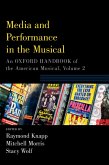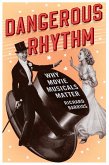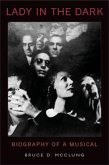Throughout his life, German-Jewish composer Kurt Weill was fascinated by the idea of America. His European works depict America as a Capitalist dystopia. But in 1935, it became clear that Europe was no longer safe for Weill, and he set sail for New World, and his engagement with American culture shifted. From that point forward, most of his works concerned the idea of "America," whether celebrating her successes, or critiquing her shortcomings. As an outsider-turned-insider, Weill's insights into American culture were unique. He was keenly attuned to the difficult relationship America had with her immigrants, but was slower to grasp the subtleties of others, particularly those surrounding race relations, even though his works reveal that he was devoted to the idea of racial equality. The book treats Weill as a node in a transnational network of musicians, writers, artists, and other stage professionals, all of whom influenced each other. Weill sought out partners from a range of different sectors, including the Popular Front, spoken drama, and the commercial Broadway stage. His personal papers reveal his attempts to navigate not only the shifting tides of American culture, but the specific demands of his institutional and individual collaborators. In reframing Weill's relationship with immigration and nationality, the book also puts nuance contemporary ideas about the relationships of immigrants to their new homes, moving beyond ideas that such figures must either assimilate and abandon their previous identities, or resist the pull of their new home and stay true to their original culture.
Dieser Download kann aus rechtlichen Gründen nur mit Rechnungsadresse in A, B, BG, CY, CZ, D, DK, EW, E, FIN, F, GR, HR, H, IRL, I, LT, L, LR, M, NL, PL, P, R, S, SLO, SK ausgeliefert werden.









